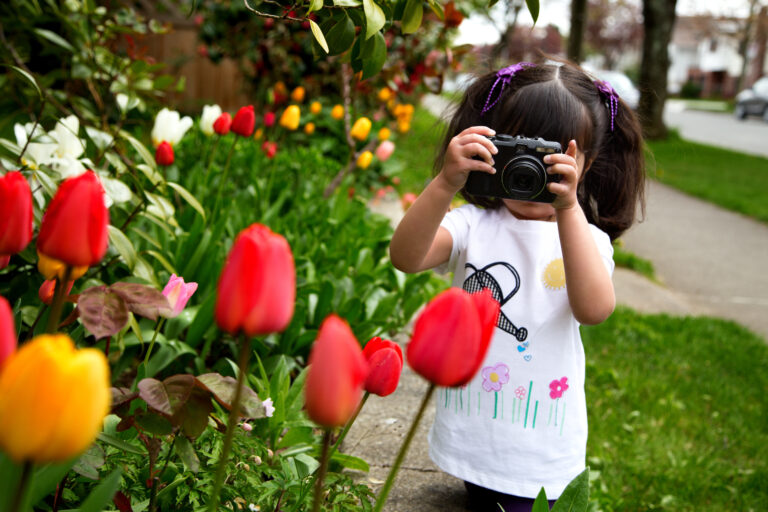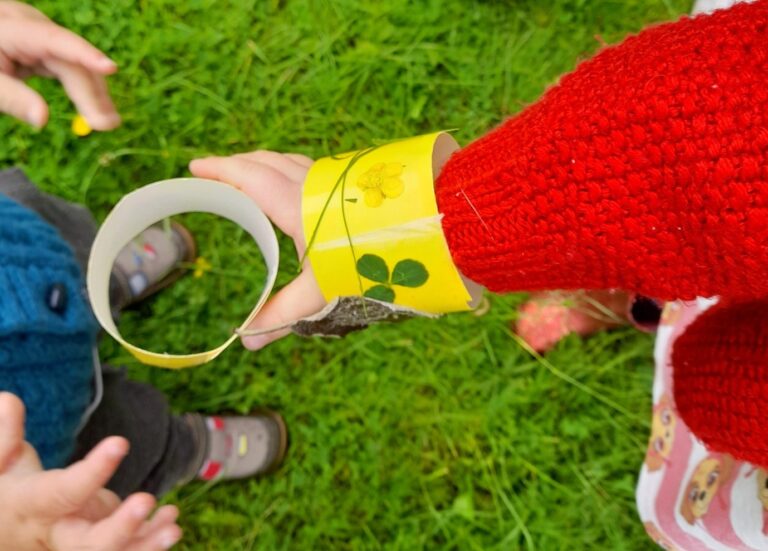This is a paid-for post by Nurseries and Schools
Choosing a nursery or childminding professional for your child is an important decision you’ll make as a parent or carer.
Most people of course want somewhere close to their work or home to make dropping off and picking up convenient, but it is also vital that the setting you choose meets the emotional and developmental needs of your child.
Below are some of the different types of services available and some points to consider before making your choice.
Pre-schools and playgroups
Pre-schools and playgroups are usually organised by community or voluntary groups, with the help of parents in the local area. They offer care for specific sessions, which can last for between two-and-a-half to four hours a day. Many provide extra services such as breakfast clubs, lunch clubs and holiday play schemes.
Day nurseries
Day nurseries are the nurseries that follow the Early Years Foundation Stage (EYFS) curriculum, which is the national curriculum for the early year’s sector.
Day nurseries generally care for children from six weeks old until school age, are normally open all day and offer the choice of either full-time or part-time care. Some may also provide weekend care for parents who work shifts.
The main principle of these nurseries is ‘learning through play’. Most nurseries provide morning, afternoon, or all-day sessions, typically running from 8:00-18:00 all year round.
Costs of day nurseries vary depending on the child’s age and the required facilities. Most private nurseries care for children from 3 months to school age.
Montessori nurseries
Montessori nurseries are run under the principle of Maria Montessori. This approach is a holistic one, which aims to develop the ‘whole child’ by allowing them to be guided by their natural curiosity and independence, with careful oversight from Montessori-trained teachers. Montessori nurseries have a good balance of the Montessori approach as well as EYFS.
School nurseries
Nursery schools and classes are generally connected to a primary school and attended by children in the September after their third birthday.
Most school nurseries offer part-time places (morning sessions or afternoon sessions) and operate during term-time only.
Childminding professionals
Childminding professionals are based in their own homes and provide childcare for small groups of children from babies up through primary school. They give your child the chance to meet and play with other children, while being cared for in a home environment. They are usually self-employed and decide which hours they work.
What to consider when choosing a nursery
It’s important to visit the nursery on their open day or make an appointment to get in and get a feel for the space. All childcare settings must be inspected by Ofsted, and you can find inspection reports for your chosen nursery or childminding professional online.
From the visit and speaking with staff or a childminding professional, you should get a general feel for the atmosphere in the setting, but there are also other considerations to keep in mind:
Policies:
Regardless, each setting will have clear policies that you can access. These policies should cover everything you need information on.
Some questions you might want to ask are:
- What happens if I need childcare at short notice outside of my child’s regular schedule?
- What is your emergency procedure and policy on illness?
- What happens if your child injures themself?
- Who do you speak to if you have a problem/question relating to your child’s care?
- Who is your child’s ‘key carer’?
- Will there be a learning log/ online portal you can access?
Health and Safety:
All UK nurseries and schools must abide by government health and safety regulations. The setting’s inspection report will be available to view but while you are visiting, look out for the following:
- Safe, secure play environment
- Clearly marked fire exits and procedures in the case of a fire
- Children shouldn’t be able to leave the building without being let out and similarly, visitors should not be able to just freely enter the setting.
- Clean playrooms, toilet facilities and eating areas
- Proper light fixtures
- Locks/ bars on external doors and windows
Interest in your child:
It’s important to take note of how the childminder or staff express interest in your child’s development.
Your child’s care team should be passionate about helping your child make the very most of their nursery experience.
This was a paid-for post by NurseriesandSchools.org an online search platform that allows you to compare different nurseries and childminders on multiple criteria such as opening hours, ratings and reviews, so that you can find the best setting for your child.











